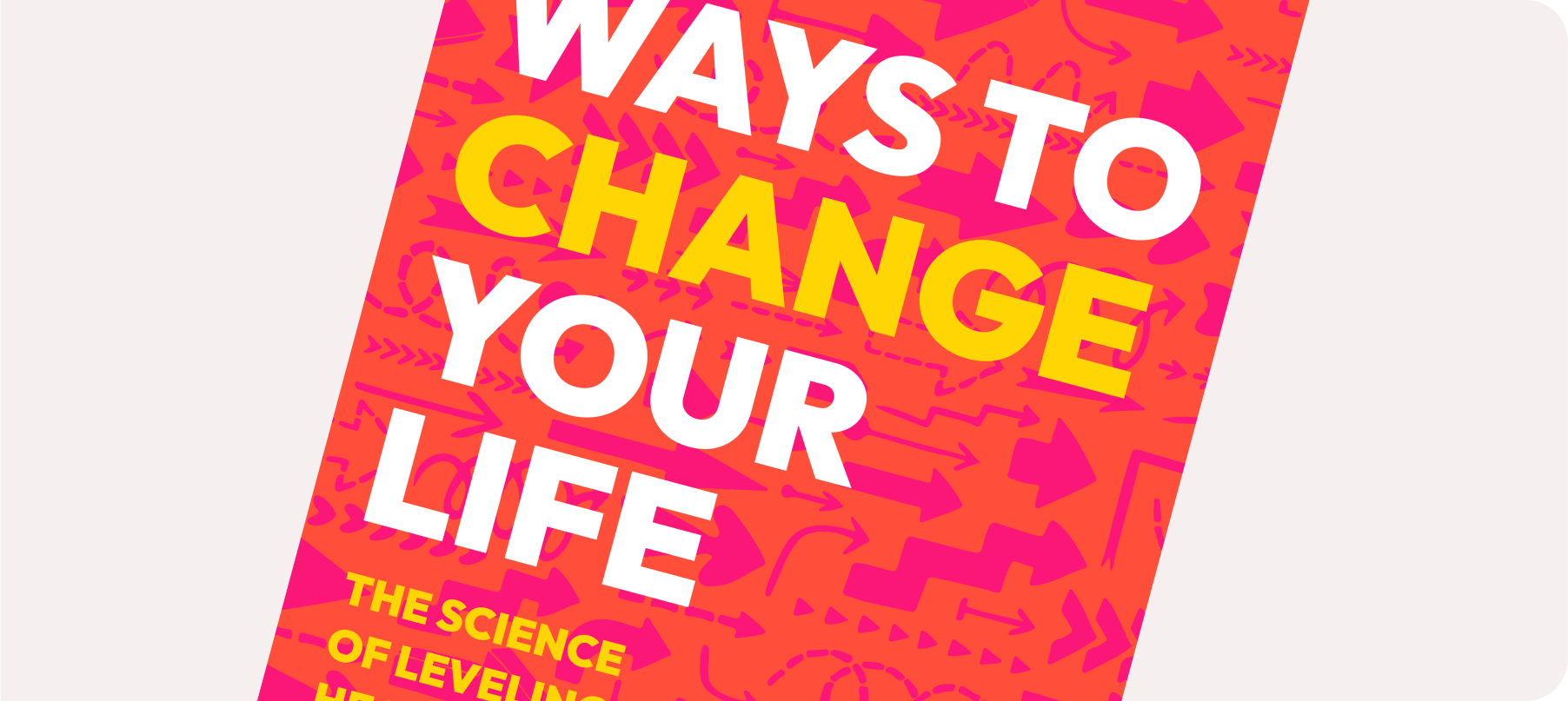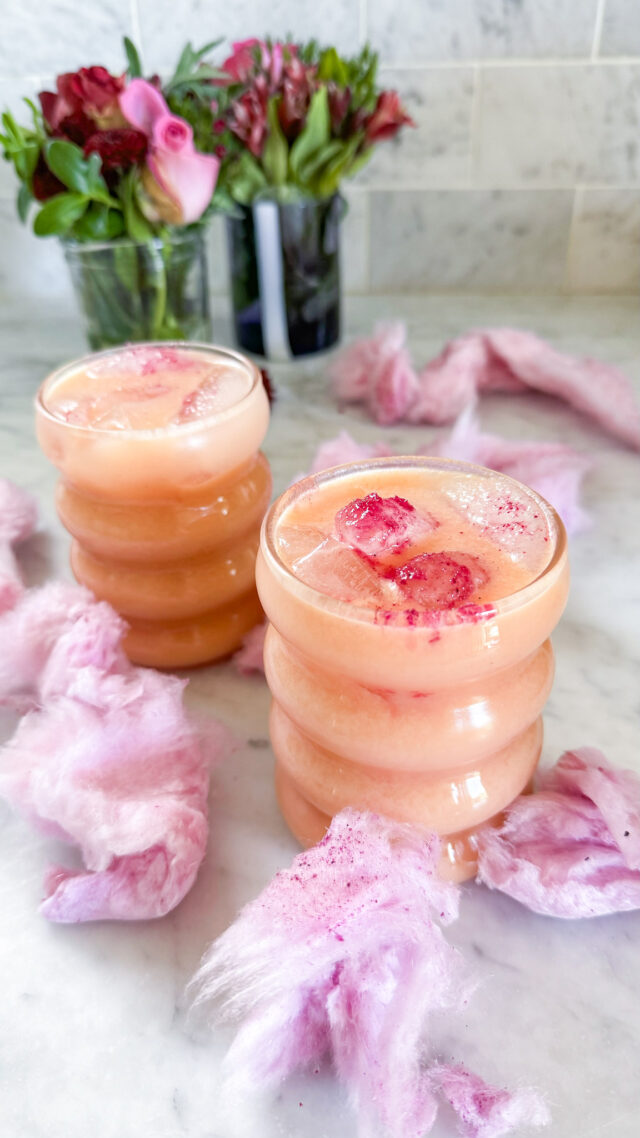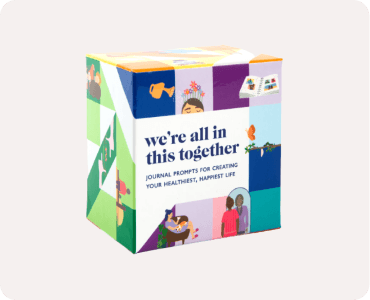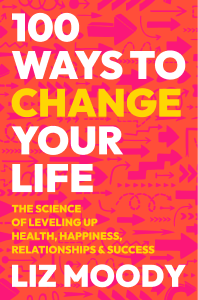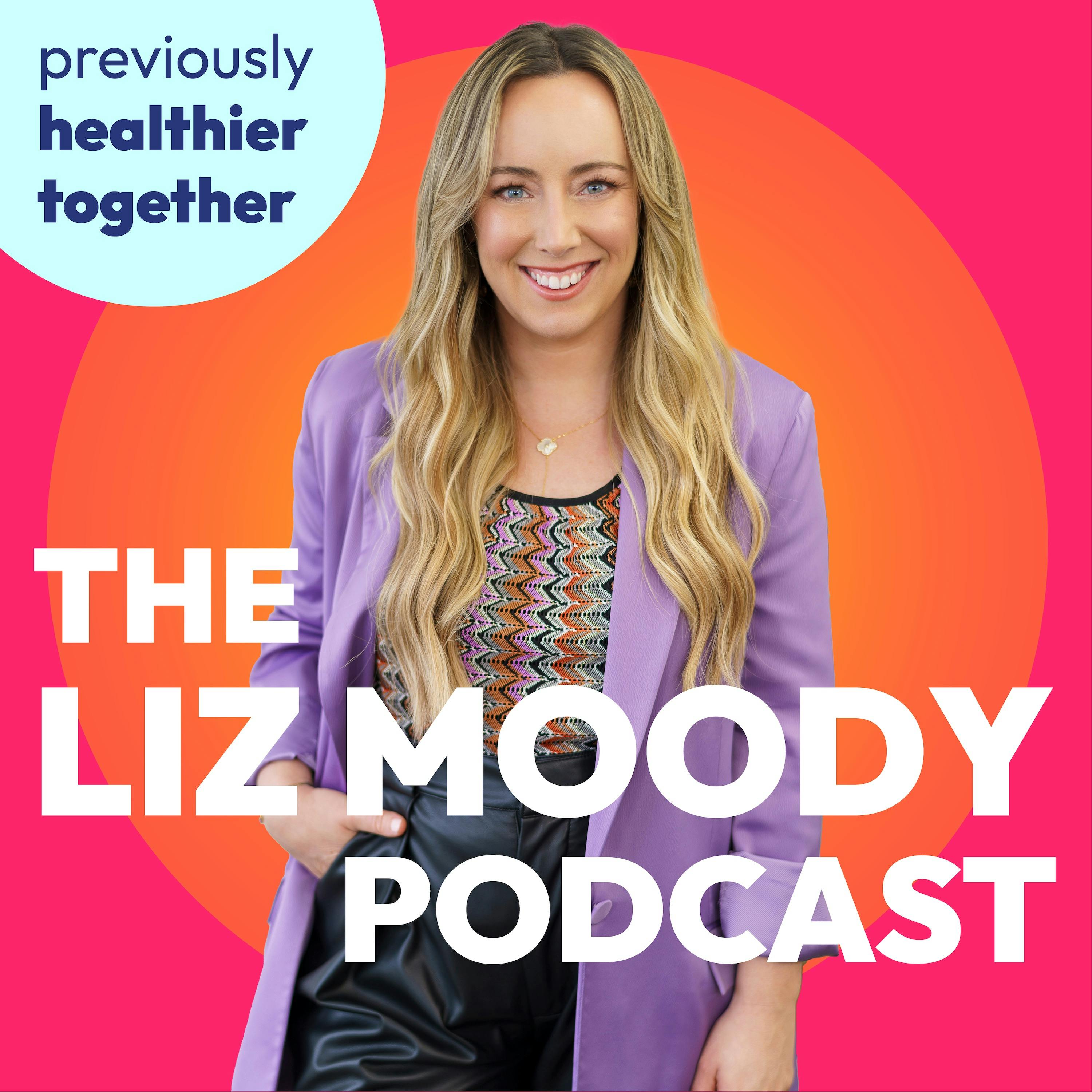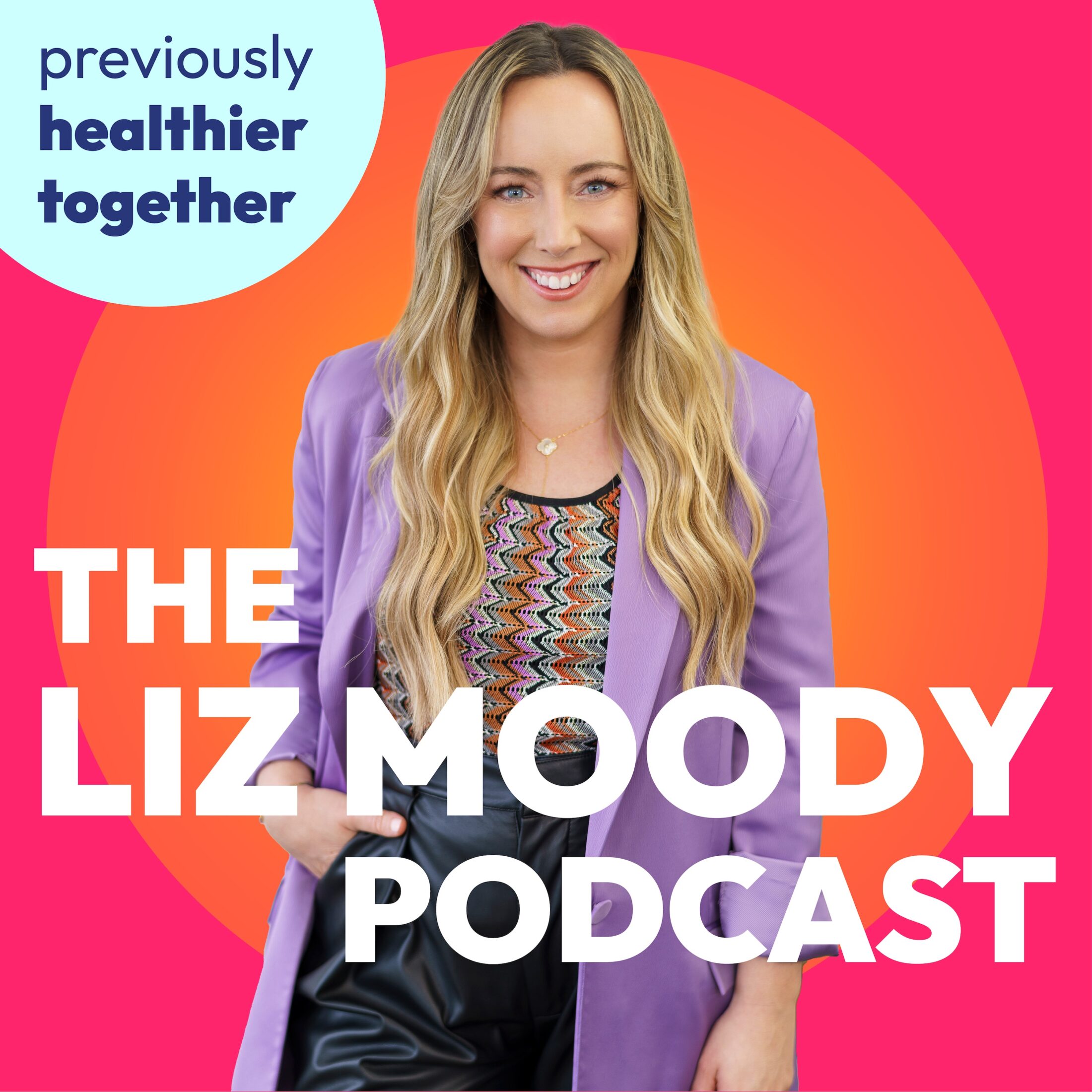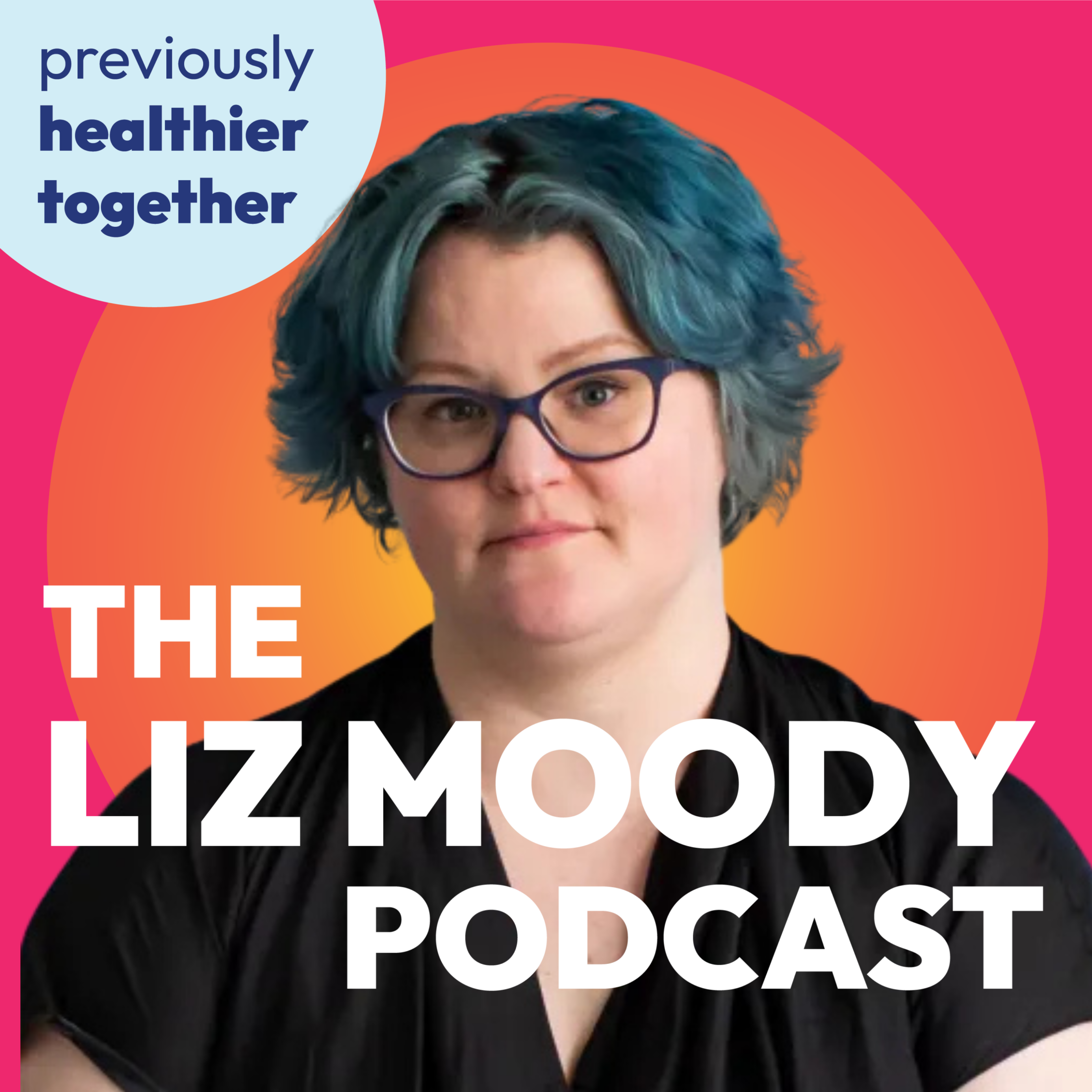Feeling an early winter cold coming on? There’s no worse feeling than knowing you’re about to be sick but not being able to stop the symptoms. Learn the methods to prevent and stop colds, flus, and upper respiratory viruses from Liz Moody’s conversations with three doctors: Dr. Mark Hyman, Dr. Aviva Romm, and Dr. Will Bulsiewicz.
Dr. Bulsiewicz emphasizes the importance of taking care of your gut microbiome to maintaining your health, and he gives tips on how to make sure your gut is getting the nutrition it needs to keep you healthy. Dr. Romm discusses the importance of hormones and stress to your physical wellbeing, and how changes in these areas can cause changes to your health. Dr. Hyman gives his favorite early cold remedies and explains why they work.
- 02:12 Dr. B on Gut Health and Immunity
- 04:38 The Role of Butyrate and Fiber
- 07:40 Daily Habits for a Healthy Gut
- 11:50 Raw Garlic: A Natural Remedy
- 18:01 Immune Support for Families With Children
- 23:35 Dr. Mark Hyman’s Daily Health Tips
- 25:54 Boosting Immunity: Vitamin E and Cold Prevention
- 27:07 Immediate Remedies for Oncoming Sickness
- 29:01 Lifestyle Tips for When You’re Sick
- 32:13 Hormones and Immunity: A Surprising Connection with Dr. Romm
- 34:41 Building Stress Resilience for Better Immunity
- 38:20 Practical Tips for Preventing Illness
- 43:04 Herbal Remedies and Natural Treatments
For more from our guests, you can find:
- Dr. Will Bulsiewicz at @theguthealthmd and www.theplantfedgut.com. Check out 38TERA at www.38tera.com.
- Dr. Mark Hyman at @drmarkhyman and www.drhyman.com. Check out Function Health at www.FunctionHealth.com.
- Dr. Aviva Romm at @dr.avivaromm and www.avivaromm.com. Listen to her podcast, On Health.
Ready to uplevel every part of your life? Order Liz’s new book 100 Ways to Change Your Life: The Science of Leveling Up Health, Happiness, Relationships & Success now!
To join The Liz Moody Podcast Club Facebook group, go to www.facebook.com/groups/thelizmoodypodcast.
Connect with Liz on Instagram @lizmoody, or subscribe to her newsletter by visiting www.lizmoody.com.
If you like this episode, check out The Health Effects Of Alcohol Part 1: Gut Health & Cancer with Dr. Robynne Chutkan & Dr. William Li and The Health Effects of Alcohol: Hormones & Brain Health with Dr. Aviva Romm & Louisa Nicola.
This episode is sponsored by:
AG1: visit drinkag1.com/lizmoody and get your FREE year supply of Vitamin D and 5 free travel packs today.
LMNT: go to DrinkLMNT.com/LizMoody to get a free LMNT sample pack with any order.
Puori: go to puori.com/LIZMOODY and use promo code LIZMOODY for 20% sitewide.
Wildgrain: go to Wildgrain.com/LIZMOODY for $30 off the first box – PLUS a free
item in every box.
Molly’s Suds: go to mollyssuds.com/LIZMOODY and use code LIZMOODY for 20% off.
The Liz Moody Podcast cover art by Zack. The Liz Moody Podcast music by Alex Ruimy.
Formerly the Healthier Together Podcast.
This podcast and website represents the opinions of Liz Moody and her guests to the show. The content here should not be taken as medical advice. The content here is for information purposes only, and because each person is so unique, please consult your healthcare professional for any medical questions.
The Liz Moody Podcast Episode 282.
